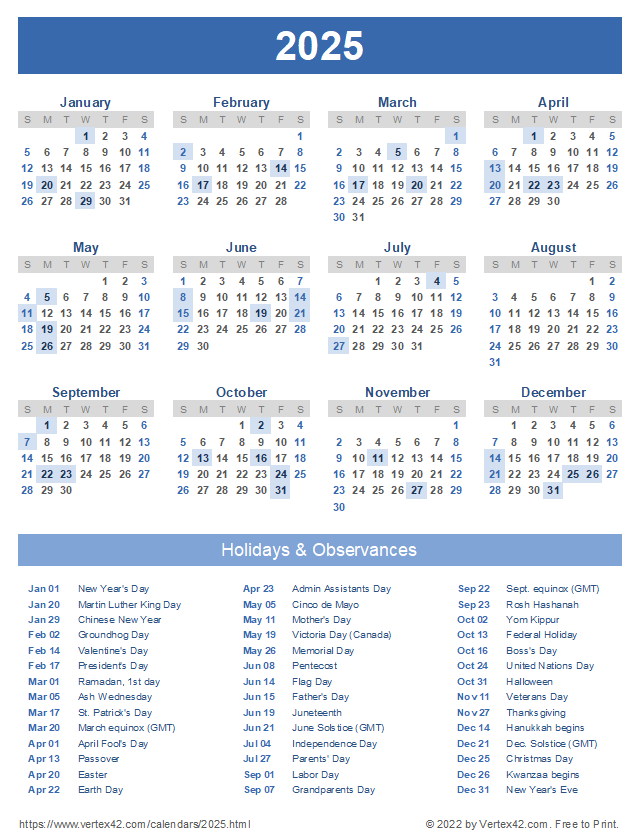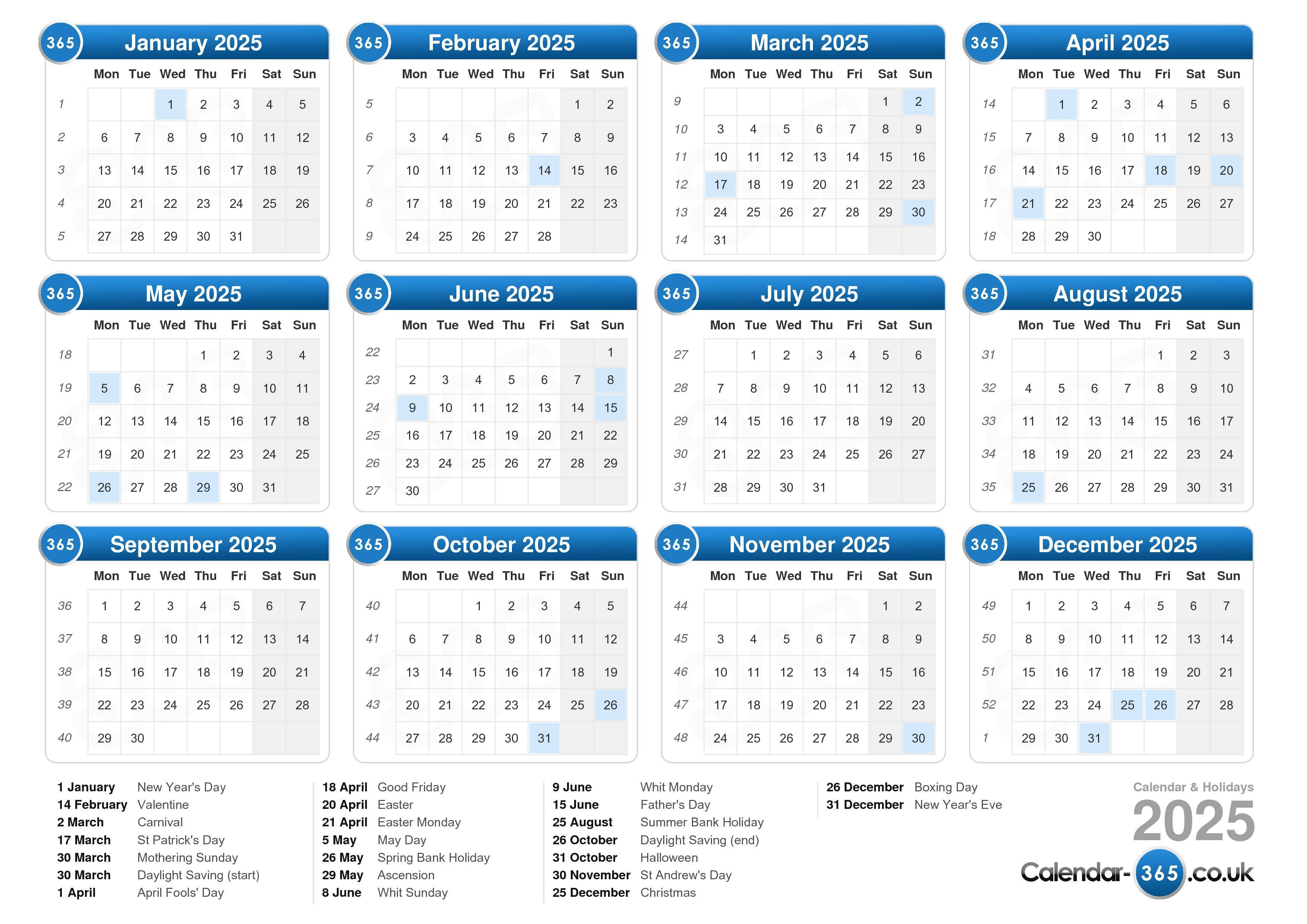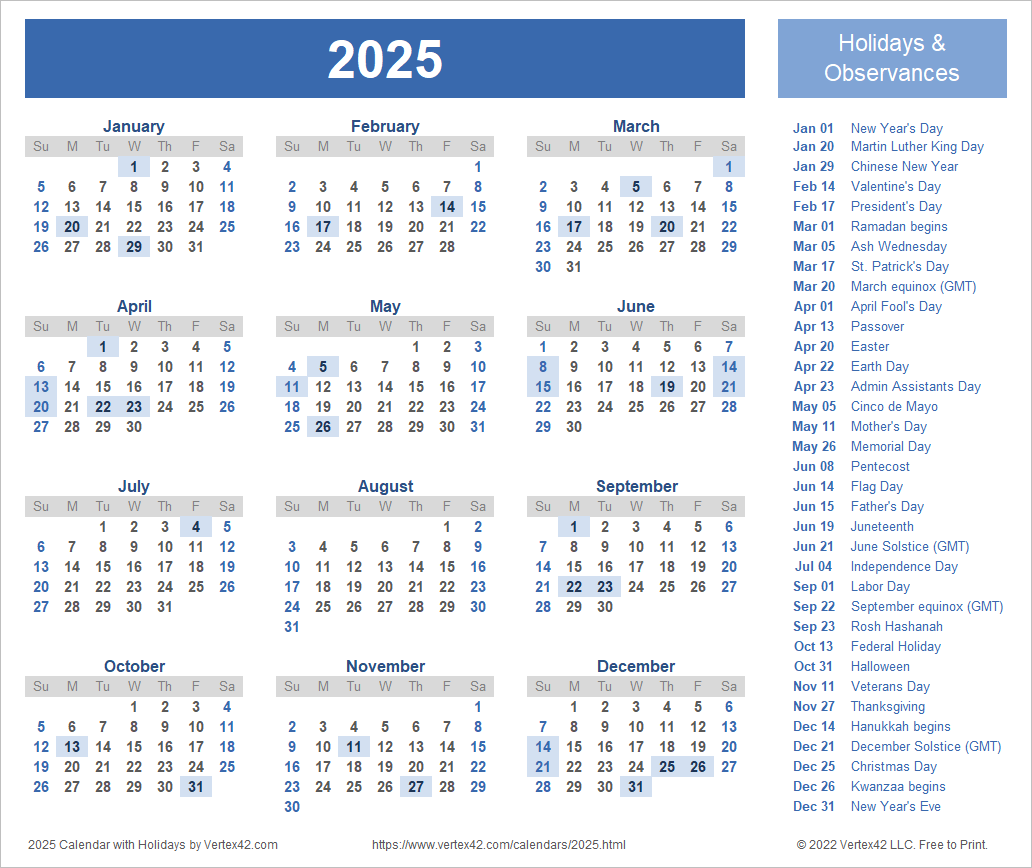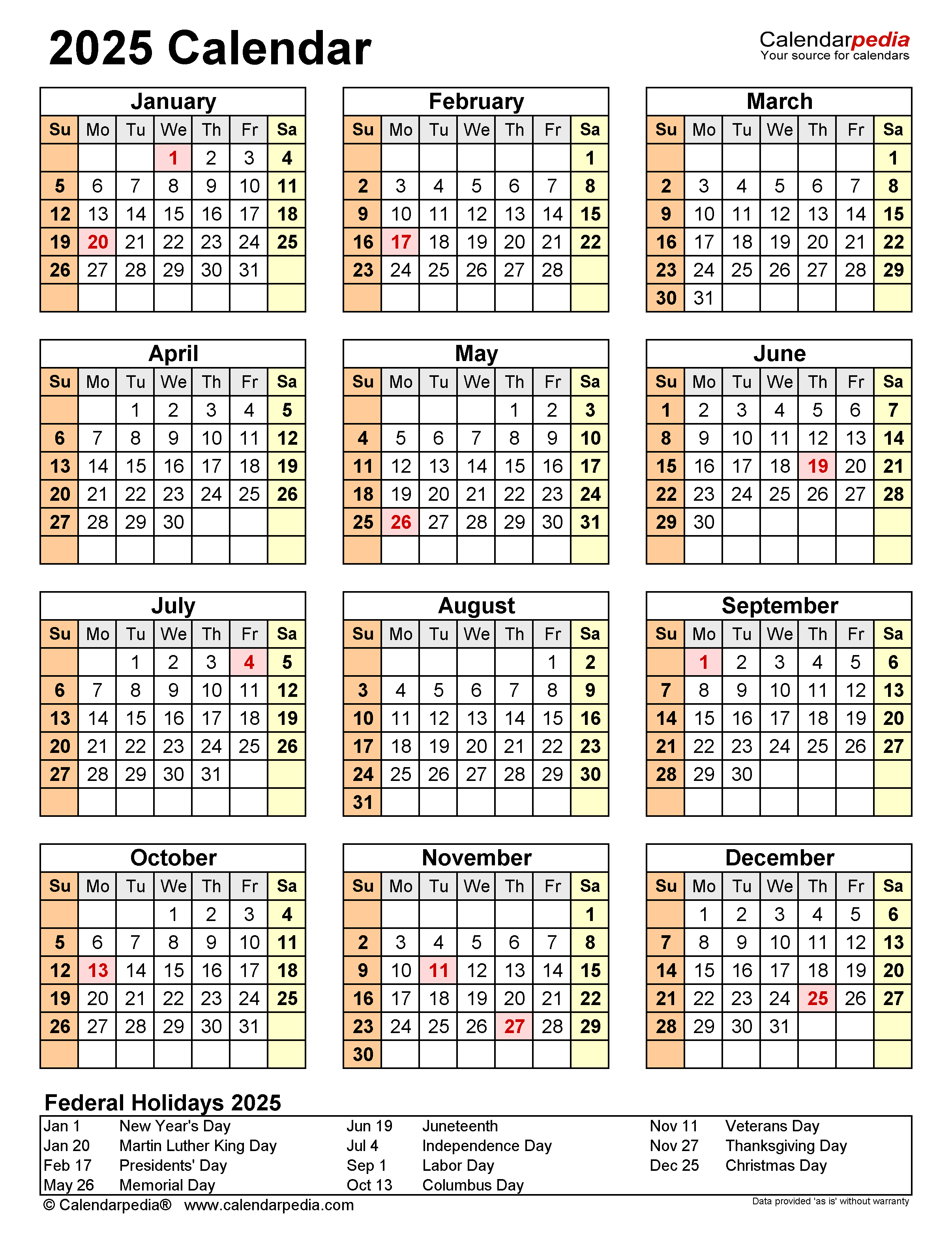A Global Calendar: Navigating the World’s Holidays in 2025
Related Articles: A Global Calendar: Navigating the World’s Holidays in 2025
Introduction
With enthusiasm, let’s navigate through the intriguing topic related to A Global Calendar: Navigating the World’s Holidays in 2025. Let’s weave interesting information and offer fresh perspectives to the readers.
Table of Content
A Global Calendar: Navigating the World’s Holidays in 2025

The world is a tapestry woven with diverse cultures, each with its unique traditions and celebrations. These celebrations, often expressed through public holidays, offer a glimpse into the rich heritage and shared experiences of humanity. Navigating the global calendar, understanding the significance of these holidays, and respecting their cultural nuances are essential for fostering cross-cultural understanding and appreciation.
This comprehensive guide provides a detailed overview of key holidays observed around the world in 2025, offering a window into the tapestry of global celebrations.
January
- New Year’s Day (January 1st): A universal celebration marking the beginning of a new year, observed globally with various customs and traditions.
- Epiphany (January 6th): Celebrated by Christians, commemorating the visit of the Three Wise Men to the infant Jesus. It is a significant holiday in many European countries.
- Martin Luther King Jr. Day (Third Monday of January): Observed in the United States, honoring the life and legacy of Martin Luther King Jr., a prominent figure in the Civil Rights Movement.
- Chinese New Year (February 10th): A significant festival in Chinese culture, celebrating the beginning of a new year according to the lunisolar calendar. It is celebrated with vibrant festivities, family gatherings, and traditional customs.
- Lunar New Year (Various Dates): Celebrated by various East Asian cultures, including Vietnam, Korea, and Singapore, based on the lunisolar calendar. Each culture has unique traditions and customs associated with this festival.
- Republic Day (January 26th): Celebrated in India to commemorate the adoption of the Indian Constitution in 1950, establishing India as a republic.
February
- Valentine’s Day (February 14th): A global celebration of love and romance, observed with gift-giving, romantic gestures, and expressions of affection.
- Presidents’ Day (Third Monday of February): Observed in the United States, honoring the birthdays of George Washington and Abraham Lincoln, two prominent figures in American history.
- Mardi Gras (February 21st): Celebrated in many parts of the world, particularly in New Orleans, Louisiana, with elaborate parades, costumes, and festivities leading up to Ash Wednesday.
- International Mother Language Day (February 21st): Celebrated globally, promoting linguistic diversity and cultural awareness, encouraging the preservation and promotion of all languages.
March
- International Women’s Day (March 8th): Celebrated globally, honoring the achievements of women and advocating for gender equality and women’s rights.
- St. Patrick’s Day (March 17th): Celebrated globally, particularly in Ireland, honoring the patron saint of Ireland, St. Patrick. The day is marked with parades, traditional music, and green attire.
- Holi (March 10th): Celebrated in India and Nepal, a vibrant festival of colors, signifying the victory of good over evil and celebrating the arrival of spring.
April
- Easter Sunday (April 12th): A major Christian holiday celebrating the resurrection of Jesus Christ, observed with church services, Easter egg hunts, and family gatherings.
- Good Friday (April 10th): A Christian holiday commemorating the crucifixion of Jesus Christ, observed with religious services and somber reflection.
- April Fools’ Day (April 1st): A lighthearted tradition observed globally, where people play harmless pranks and jokes on each other.
- Ramadan (April 2nd – May 2nd): A holy month of fasting and spiritual reflection for Muslims, observed by abstaining from food and drink from dawn to dusk.
- Eid al-Fitr (May 3rd): A Muslim festival marking the end of Ramadan, celebrated with prayer, feasting, and family gatherings.
May
- May Day (May 1st): An international holiday celebrating labor and workers’ rights, observed with parades, rallies, and demonstrations.
- Mother’s Day (Second Sunday of May): Celebrated globally, honoring mothers and motherhood with gifts, expressions of gratitude, and special celebrations.
- Memorial Day (Last Monday of May): Observed in the United States, honoring those who died while serving in the U.S. military.
- Buddha’s Birthday (May 12th): Celebrated by Buddhists worldwide, commemorating the birth of Gautama Buddha, the founder of Buddhism.
June
- Father’s Day (Third Sunday of June): Celebrated globally, honoring fathers and fatherhood with gifts, expressions of gratitude, and special celebrations.
- Queen’s Birthday (Second Monday of June): Celebrated in Australia and some other Commonwealth countries, honoring the reigning monarch of the United Kingdom.
- Eid al-Adha (June 21st): A Muslim festival celebrating the willingness of Prophet Ibrahim to sacrifice his son, observed with prayer, animal sacrifice, and family gatherings.
- International Day of Yoga (June 21st): Celebrated globally, promoting the practice of yoga and its benefits for physical, mental, and spiritual well-being.
July
- Independence Day (July 4th): Celebrated in the United States, commemorating the signing of the Declaration of Independence in 1776, declaring independence from British rule.
- Bastille Day (July 14th): Celebrated in France, commemorating the storming of the Bastille prison in 1789, marking the beginning of the French Revolution.
August
- International Day of Peace (September 21st): Celebrated globally, promoting peace, non-violence, and understanding among all people.
September
- Labor Day (First Monday of September): Celebrated in the United States and Canada, honoring the contributions of workers and the labor movement.
- Mid-Autumn Festival (September 10th): Celebrated in East Asian cultures, including China, Vietnam, and Korea, a harvest festival marking the full moon in autumn. It is observed with family gatherings, mooncakes, and lantern displays.
- International Day of Charity (September 5th): Celebrated globally, promoting charitable acts and encouraging people to support humanitarian causes.
October
- Halloween (October 31st): Celebrated globally, particularly in Western countries, with costumes, trick-or-treating, and spooky decorations.
- Day of the Dead (October 31st – November 2nd): Celebrated in Mexico and other Latin American countries, a colorful festival honoring deceased loved ones, featuring altars, sugar skulls, and traditional food.
November
- All Saints’ Day (November 1st): A Christian holiday honoring all saints, observed with church services and remembrance of deceased loved ones.
- All Souls’ Day (November 2nd): A Christian holiday honoring the dead, observed with visits to cemeteries and prayer for the departed.
- Veterans Day (November 11th): Observed in the United States, honoring veterans of the U.S. military for their service.
- Thanksgiving Day (Fourth Thursday of November): Celebrated in the United States and Canada, a holiday expressing gratitude for blessings and enjoying a traditional feast with family and friends.
December
- Hanukkah (December 12th – December 20th): An eight-day Jewish festival celebrating the rededication of the Second Temple in Jerusalem. It is observed with the lighting of a menorah, traditional food, and gifts.
- Christmas Day (December 25th): A Christian holiday celebrating the birth of Jesus Christ, observed with church services, gift-giving, family gatherings, and festive decorations.
- Boxing Day (December 26th): Celebrated in many Commonwealth countries, a holiday traditionally for giving gifts to service workers and those in need.
- New Year’s Eve (December 31st): Celebrated globally, marking the end of the year with parties, fireworks, and resolutions for the year ahead.
Understanding the Importance and Benefits of Global Holidays
Beyond the festive celebrations and cultural traditions, global holidays hold immense significance in fostering understanding, promoting unity, and strengthening global connections.
- Cultural Appreciation and Exchange: Holidays offer a window into the rich tapestry of cultures around the world. By acknowledging and respecting these celebrations, individuals can gain a deeper understanding of diverse customs, traditions, and values.
- Strengthening Communities: Holidays often bring people together, fostering a sense of community and shared experiences. They provide opportunities for families, friends, and neighbors to connect, celebrate, and strengthen bonds.
- Promoting Tolerance and Understanding: Recognizing and celebrating diverse holidays promotes tolerance and understanding across cultures. It encourages empathy and respect for different perspectives, fostering a more inclusive and harmonious global community.
- Preserving Cultural Heritage: Holidays play a vital role in preserving cultural heritage and traditions. By celebrating these occasions, communities can ensure the continuity of their cultural identity and pass on their history to future generations.
- Economic Benefits: Holidays often generate economic activity, particularly in tourism and hospitality sectors. They stimulate travel, boost spending, and support local businesses.
FAQs
Q: Are all holidays observed globally?
A: No, not all holidays are observed globally. Many holidays are specific to certain countries or regions, reflecting their unique cultural heritage and history.
Q: How can I learn more about specific holidays?
A: There are numerous resources available to learn more about specific holidays, including online databases, cultural organizations, and travel websites. You can also consult with people from different cultures to gain firsthand insights into their traditions.
Q: What are some etiquette tips for observing holidays in different cultures?
A: It is important to be respectful and mindful of cultural sensitivities when observing holidays in different cultures. Researching local customs and traditions beforehand can help ensure you are acting appropriately and avoiding any unintentional offense.
Q: How can I contribute to the celebration of global holidays?
A: There are various ways to contribute to the celebration of global holidays. You can participate in local events, learn about different cultures, share information with others, and support organizations that promote cultural understanding and appreciation.
Tips for Navigating Global Holidays
- Research and Learn: Take the time to research the history, traditions, and significance of holidays celebrated in different cultures.
- Be Respectful: Be mindful of cultural sensitivities and avoid making assumptions or generalizations.
- Embrace Diversity: Celebrate the richness and diversity of global holidays, recognizing their unique contributions to human culture.
- Share Your Knowledge: Share your knowledge and understanding of global holidays with others, promoting cross-cultural awareness and appreciation.
Conclusion
The global calendar is a vibrant tapestry of celebrations, reflecting the diversity and richness of human culture. Understanding and respecting these holidays is essential for fostering cross-cultural understanding, promoting tolerance, and strengthening global connections. By embracing the spirit of these celebrations, we can create a more inclusive and harmonious world, where differences are celebrated and commonalities are cherished.








Closure
Thus, we hope this article has provided valuable insights into A Global Calendar: Navigating the World’s Holidays in 2025. We hope you find this article informative and beneficial. See you in our next article!
